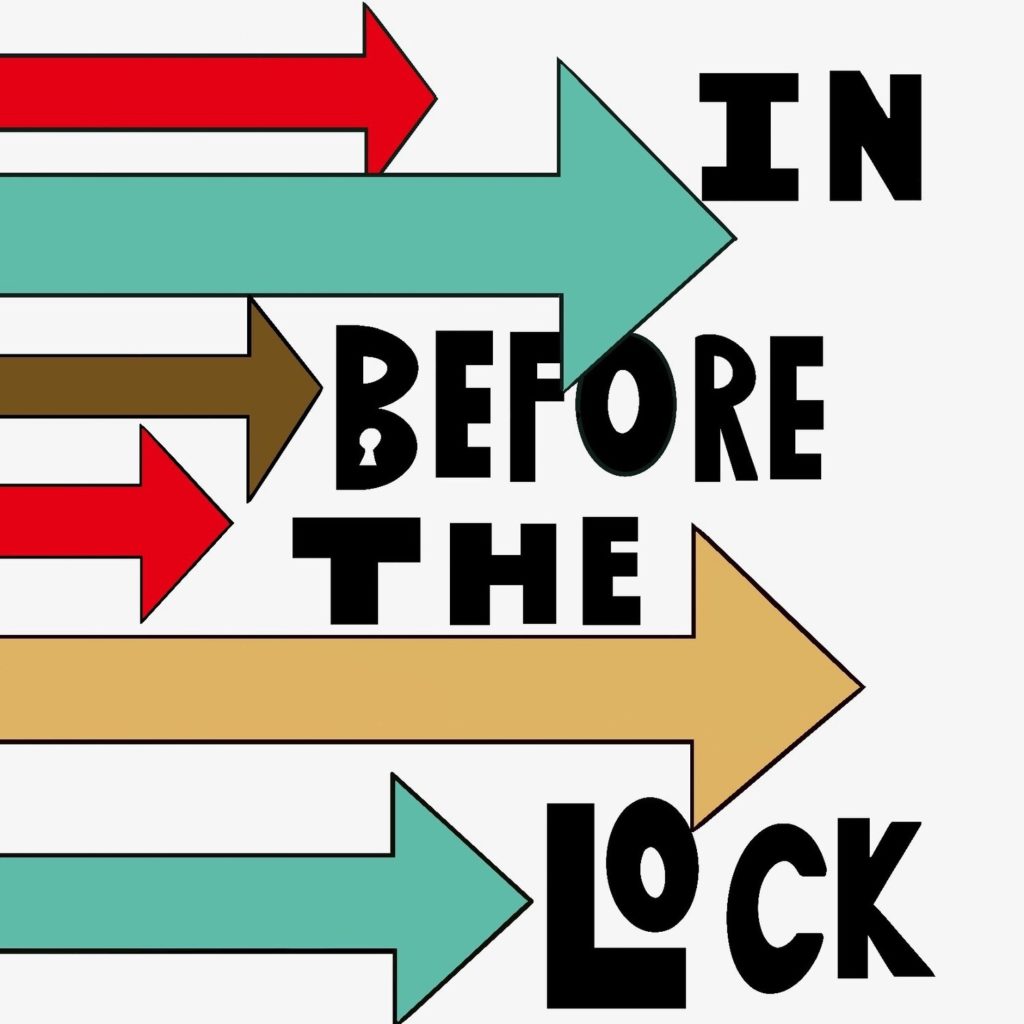Just finished listening to the excellent Make learning a team sport In Before The Lock podcast episode where Erica Kuhl and Brian Oblinger talk about the intersection of learning and community in companies.

They make some excellent points in this episode:
- Community and Learning Departments should work as close together as possible and report to the same executive!
- Community and learning management systems should be integrated and seamless for the customer!
- Make sure that every new feature released comes with accompanying community learning content from day one!
- Weekly challenges (Alteryx example) of complex problems are a wonderful way for continued learning, community engagement, as well as introducing new/less known features of your product. You post it on Mondays, let folks suggest solutions throughout the week, and post the solution with the new challenge the next Monday :-)
- Allow your members to modify and built on top of your learning solution and bring it to their communities.
- Love the story around someone failing a certification test and the community rallying to not only fund her retaking it, but also creating a study group to help her prep and celebrating her ultimate triumph. That’s the power of an engaged community!
- All courses and content, with the exception of face-to-face classroom training, should be free!
Coming from the community angle I agree wholeheartedly with these recommendations. With one caveat! I would like to add a from Improv comedy borrowed Yes, and …
Yes, and Charge Top Dollars for Cohort-Based Courses!
I am convinced that Cohorts are the Future of Learning as they provide the biggest impact for the participants.
If you create a Cohort-Course with the following elements:
- Excellent content
- Weekly real-world exercises
- Super interactive weekly feedback sessions
- Concrete implementable outcomes
- Brings a small group of practitioners together
- A couple of weeks of part-time learning
- Lead by a product expert/coach that ensures everyone’s success
Doing all the above, your cohort-based course will offer the most impact in the shortest amount of time for your customers. And a certain percentage of them will be happy to pay top dollars to be part of that amazing learning journey.
Example: You roll out a major new release of your software. Have your free video lectures and webinars available for the community to learn at their own pace.
In addition, package that content and offer it as a 3-6 weeks cohort part-time course with additional perks:
- Hands-on exercises for every new feature done on your own data, if you like!
- Weekly interactive review sessions with the cohort coach/product expert.
- Make it exclusive: Only practitioners that have used our solution for more than a year are allowed to participate. You have to apply to be selected for it!
- Built a Fellowship-of-the-Ring kind of learning adventure for the whole cohort to charge up the learning hill together.
- Have a Q&A feedback session with your head of product towards the end of the course. Such a feedback session with practitioners that just learned your new features is so valuable.
- Cohort participants get a badge and/or are the first ones to try out the new certification.
- <be creative>
Here are some of the advantages of that model:
- The cohort participants and the coach will keep each other accountable.
- The promise to learn with fellow practitioners with years of experience makes this super attractive as you will all learn from each other’s real-world implementations beyond the course topics.
(Hello cross-/up-selling opportunities done by the community of learners.) - It is more fun to learn together.
- New super valuable professional connections even lifelong friendships will blossom from that course participants.
- Ideally do the coordination/collaboration of every cohort course in private groups in your community, which will boost your community engagement too!
- You pay good money for a course you make sure to make the most out of it!
- It opens the opportunity for a cottage industry of partner generated cohort-classes. You don’t have the time or the resources to cover everything. Partners focusing on a certain industry can tailor your content to that industry and offer that course to their clients and beyond. Help them do it on your platform in exchange for some revenue share.
These Cohort-Based courses take effort to create and run. But they offer the most impact in the shortest amount of time for the participants and the companies they work for. This is why they are willing to pay good money for these courses and you should charge for them. Reinvest that money into building more cohort-based classes and everyone wins!
